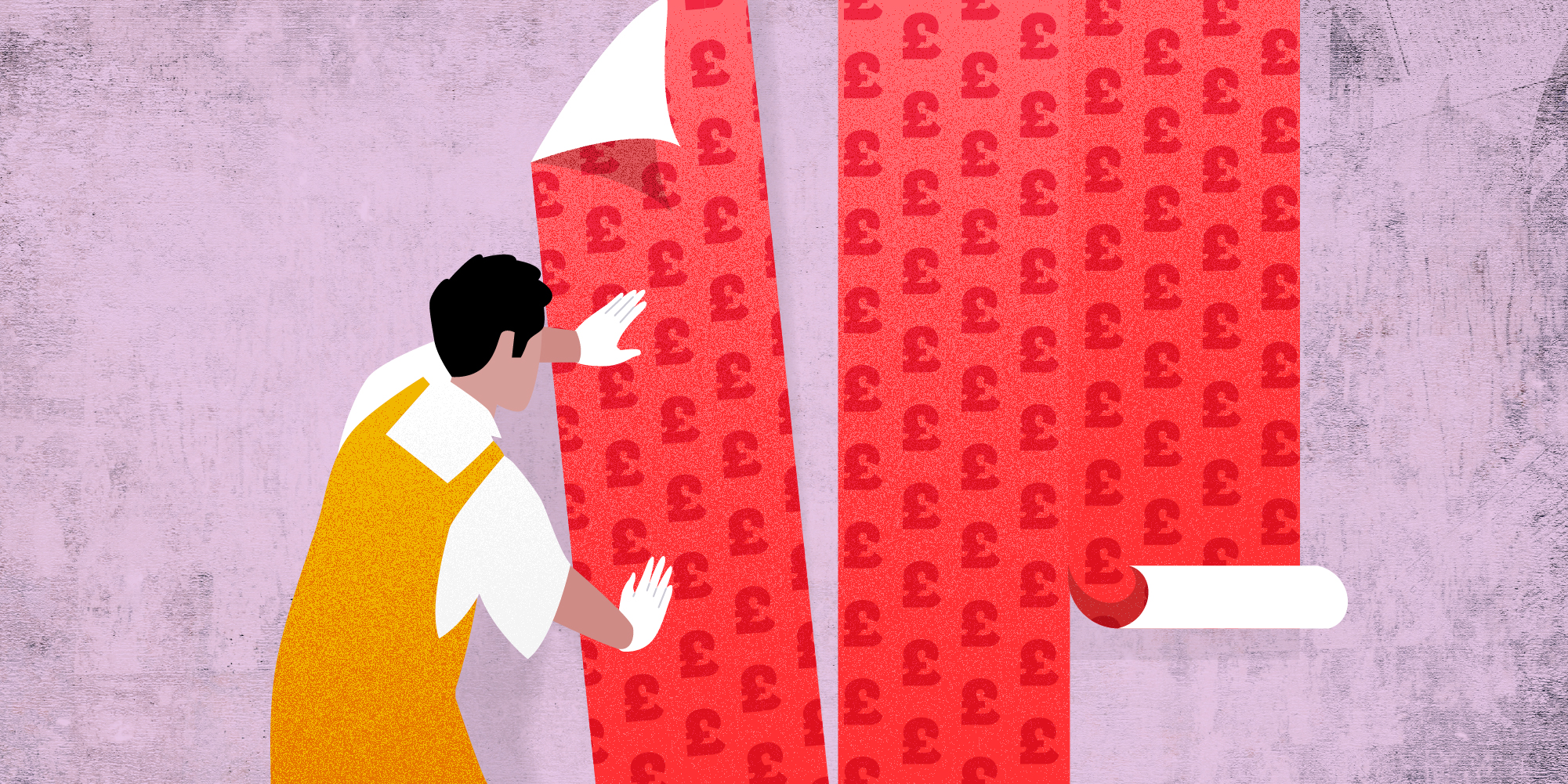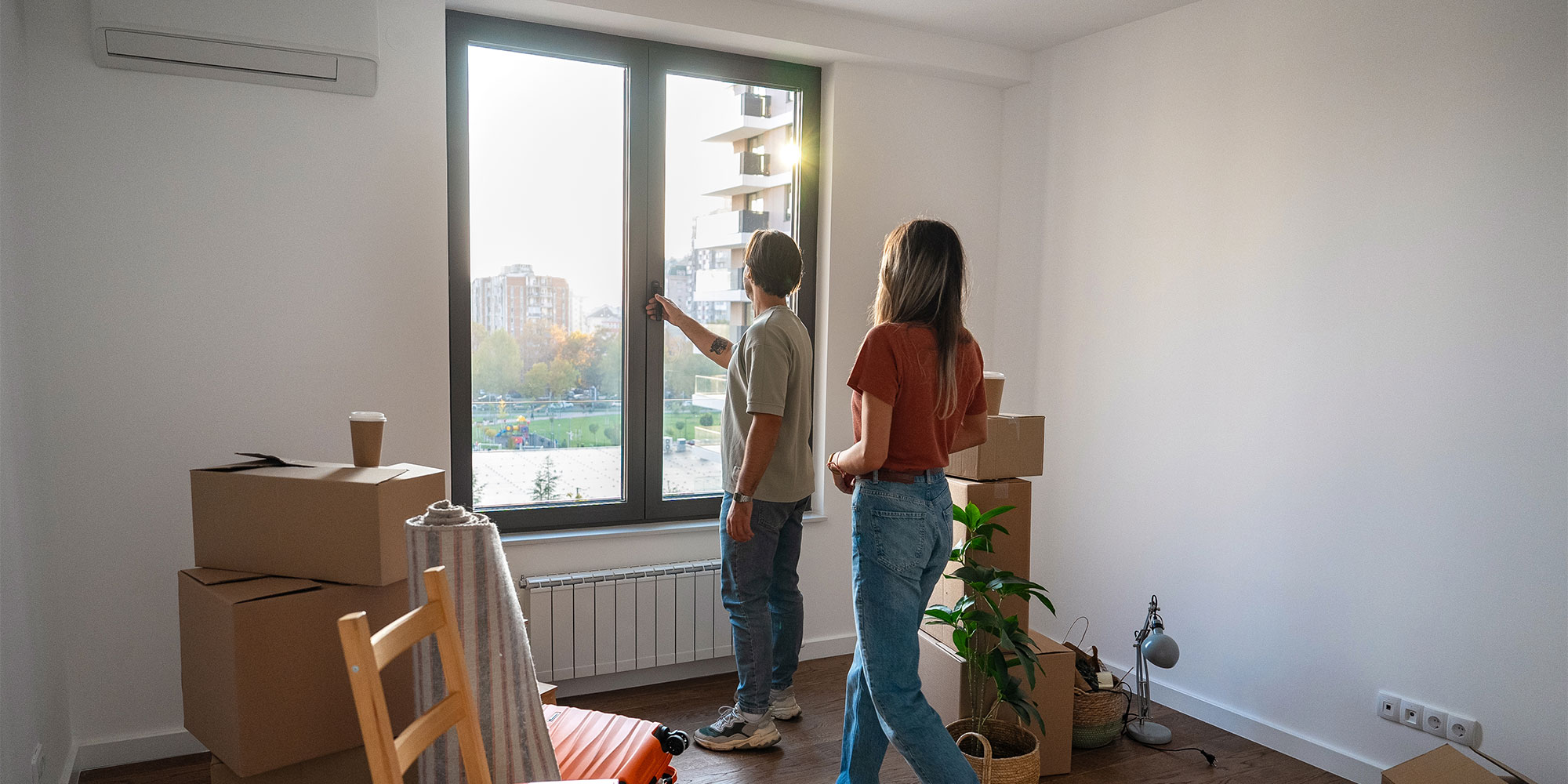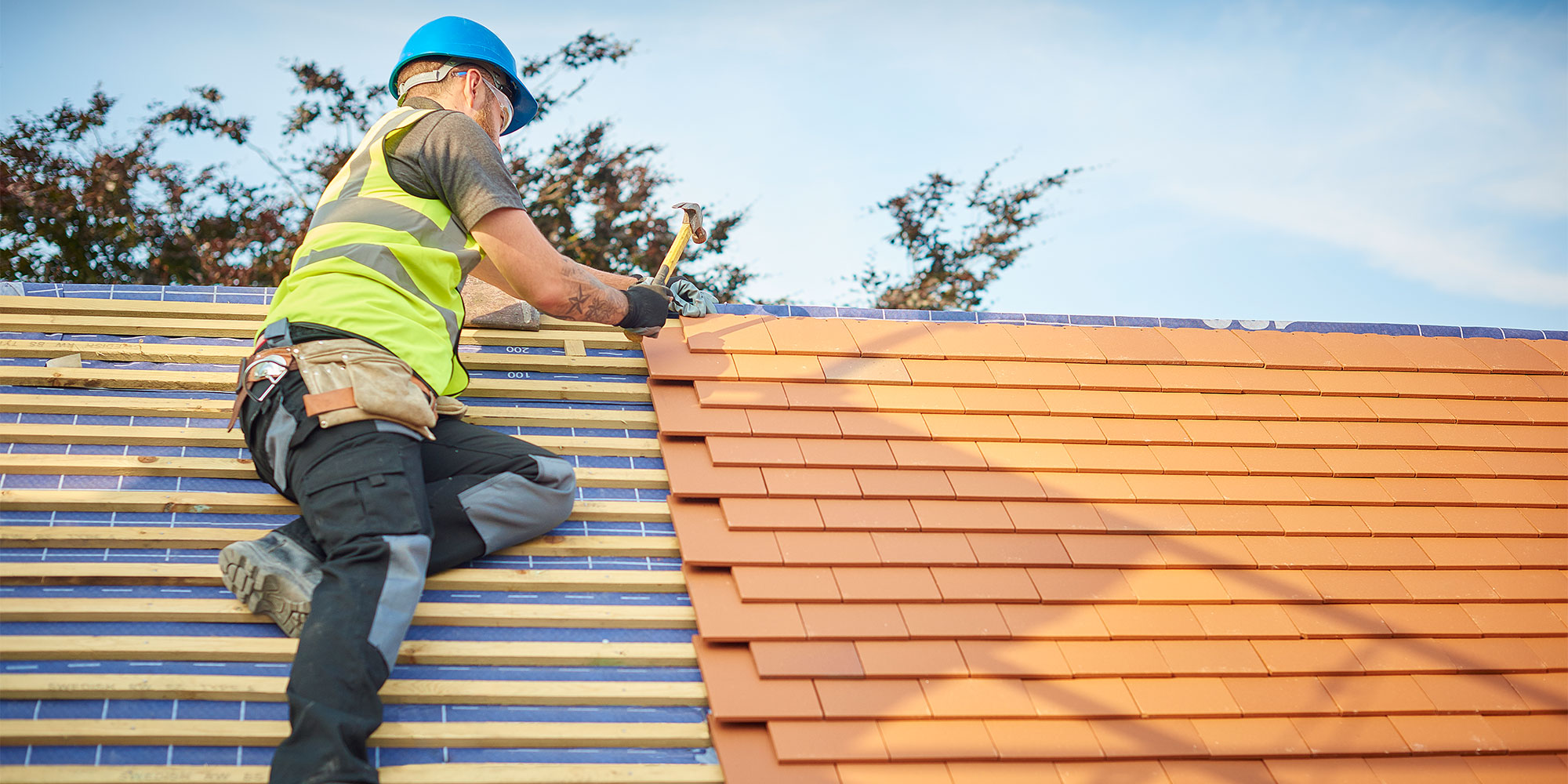
Kit out your new home
Whether it's a new washing machine or TV, you'll likely need a few things when moving house. Buy the best products for your budget using Which? reviews.
Join Which?By clicking a retailer link you consent to third-party cookies that track your onward journey. This enables W? to receive an affiliate commission if you make a purchase, which supports our mission to be the UK's consumer champion.

One in five people moving house incurred unexpected costs, according to a Which? survey* of people who have moved home in the past three years.
With the average price of a home reaching nearly £273,000, and mortgage rates still stubbornly high, first-time buyers and home movers will be watching every penny.
So we asked people who have bought a home recently to identify the costs they found most surprising.
Here, we’ve combined home mover experiences with expert advice to prepare you for your next move.
Homebuyers told us that one of the most unexpected costs they faced was decorating.
Understandably, you'll want to put your own mark on a new home, especially if the previous owners had some questionable taste, but costs can rise beyond expectations.

Josh found the costs of replacing carpets when he moved into his new home a shock.
He told Which?: ‘I knew from the viewings that the carpets were in a bit of a state and would need replacing, but I didn't realise just how much it would end up costing before I got someone in to measure up and send me a quote.
'All in it cost me upwards of £2,000, but that included getting rid of the old carpets, fitting new underlay, and the carpets themselves. '
What's his advice? 'Don't pay upfront. The original contractor I hired disappeared with the money, and I had to submit a fraud chargeback through my bank – that taught me a valuable lesson about paying a deposit and not the full amount.'

New furniture and appliances were another surprising cost for recent homebuyers in our survey.
It's easy to see why. A new fridge freezer, washing machine, kettle, toaster and microwave, for example, could set you back £1,000 if you picked the Which? Best Buys, or around £500 if you went for Great Value items. Throw in a new sofa, mattress and bed frame, and the costs climb even higher.
Given the significant expense of kitting out a home from scratch, it's worth checking whether white goods and furniture are included in your purchase and asking if they can be left behind. You may be able to negotiate a price that will save you money on buying them new or even get them for free. Sellers might be happy to leave items, as the cost of transporting them or disposing of them might not be worth it.
If you do have to spend money to get the essential items, do your research. Which? has expert reviews to help you find quality, good value, furniture and appliances from retailers you can trust, so you don't end up buying twice. Check out our guides to the best TVs, best fridge freezers, best washing machines, best sofa shops and best home tech and home appliance retailers.

Whether it's a new washing machine or TV, you'll likely need a few things when moving house. Buy the best products for your budget using Which? reviews.
Join Which?
It's easy to forget about curtains and blinds in the hubbub of moving, but you'll really notice they're not there when you move in.
The costs will vary depending on the size of your home and the number of windows you need to cover – and whether you need to hire someone to help install them. But you'll find it adds up, even for smaller properties.
Again, it's worth checking if the previous owner is willing to leave curtains and blinds behind, to save on having to buy replacements as soon as you move in.
Just be careful if you spot a sale on curtains and blinds. Recent Which? research found evidence of dodgy pricing practices at some popular retailers.
The fourth most unexpected cost for recent home movers was the cost of getting a tradesperson.
Sadly, surveys and visits don't always uncover things that need fixing right away. And you may only find out about issues that need fixing when you move in.
It can be hard to plan for this kind of unexpected expense, and costs can quickly rack up.

One couple told us they found their repair bills climbing fast.
A RICS survey suggested the house might need major work on the roof within the next decade. A second survey revealed more urgent problems with it. The quotes for this ranged from £4k to £25k.
As more surveys were completed, additional issues were found with the house. This included carbon monoxide being pumped into the attic and the news that the home needed a new heating system.
This couple's advice? Keep a pot of money aside, if you can, for when things go wrong and consider whether to put down a smaller deposit to leave a buffer for unexpected costs.
If you do find yourself needing a tradesperson, check out Which? Trusted Traders. We rigorously vet traders to ensure you get excellent service at a fair price.
Stamp duty is paid after you complete. That's perhaps why it features so highly in our list of unexpected moving costs, as the sum might be a little surprising by the time you come to pay it.
Property buyers in England and Northern Ireland have 14 days from the 'effective date' of the transaction (usually the date of completion) to pay their stamp duty bill. If you fail to do this on time, there's an automatic £100 fine. In Scotland and Wales, buyers have 30 days to make the payment for the equivalent land taxes.
We suspect that stamp duty might have been especially painful thanks to recent changes to the stamp duty thresholds in England and Northern Ireland. For home movers in those parts of the UK buying a property over £125,000, stamp duty costs have risen by £2,500 since April.
The table sets out the stamp duty owed for the average property across the UK, whether you are a home mover or a first-time buyer.
| Area | Average house price - home mover | Stamp duty owed | Average house price - first-time buyer | Stamp duty owed |
|---|---|---|---|---|
| England | £359,000 | £7,950 | £248,000 | £0 |
| Scotland | £242,000 | £1,940 | £159,000 | £0 |
| Wales | £253,000 | £1,680 | £182,000 | £0 |
Average house price data sourced from the Land Registry. Average property pricing by buyer type isn’t available for Northern Ireland from the Land Registry. The average house price in Northern Ireland is £185,000, which would result in no stamp duty being paid for first-time buyers and £1,200 owed by home movers.
First-time buyers should be aware of stamp duty thresholds when initially setting out their budget. If the home costs under £300,000, you will pay no stamp duty, and a reduced rate up to £500,000. If you are lucky enough to be searching for a home over £500,000, it is important to be aware that you will not qualify for the lower stamp duty thresholds given to first-time buyers.
The impact of missing out on the first-time buyer stamp duty discount can be significant. For example, if you bought a home for £450,000, you would pay £7,500 in stamp duty, but if it was £510,000, you would pay more than double that at £15,500.

Find the right mortgage using the fee-free service provided by L&C Mortgages
Compare mortgagesIf you click on the link and complete a mortgage with L&C Mortgages, L&C is paid a commission by the lender and will share part of this fee with Which? Ltd helping fund our not-for-profit mission. We do not allow this relationship to affect our editorial independence. Your home or property may be repossessed if you do not keep up repayments on your mortgage.
Our survey also revealed that recent homebuyers were surprised by professional cleaning costs, storage fees, estate agent fees and mortgage fees.
Shopping around is key. Comparing estate agents, cleaners, and storage options may help you secure a lower fee. The same applies to removal firms, surveyors, and solicitors. Of course, you need to get the right balance between cost and service.
With mortgage fees, pay attention to the fees you'll need to pay on your existing deal (if moving home) and your new one.
If you buy a property and your mortgage isn’t portable (the ability to move your mortgage from one property to another), you may face early repayment charges (ERCs). These are often charged as a percentage of your balance and reduce over time. For example, with a five-year fix, the charge might be 5% in year one, 4% in year two, and so on. These fees can add up to tens of thousands of pounds.
Arrangement fees for a new mortgage can also add up. First-time buyer George told us his arrangement fee was higher than expected. He could either pay upfront or add it to the loan. Adding it to the loan meant paying interest on it, but paying upfront risked losing the money if the purchase fell through. It's worth checking if the mortgage fees on your loan are refundable if the property purchase doesn't go ahead, and to budget with this in mind as an additional upfront cost.
Check out our mortgage calculator to understand how adding mortgage fees to your loan would impact your monthly repayments. Alternatively, check out our best mortgage rates guide to understand how rates differ between the best overall rates and the best rates with no fees.
Sometimes you could face costs for things you might not have heard of.
Natalie moved last summer and was caught out by a cost she hadn’t budgeted for – indemnity insurance. This type of cover protects against legal defects with a property.
She explains: ‘During the sale of our leasehold flat, it transpired the previous owner hadn't sought written permission for replacement of the windows from the leasehold company. So we had to pay for an indemnity insurance policy for the new owner in case this ever becomes a problem. There was a similar issue with our enclosed balcony, which wasn't illustrated on the (historic) flat plan of the property, but was included with the property. I think we had to pay for four different indemnities in the end!’
Natalie recommends: ‘Buyers should ask their solicitor at the outset what unexpected or unforeseen costs could crop up during the conveyancing process. That way any hidden extras won't come as a surprise, and you can have a contingency in place, just in case. Forewarned is forearmed!’
We surveyed 647 UK residents, members of the general public who had moved home in the past three years, about their experiences of moving costs. The online survey was carried out on Which’s behalf by Deltapoll in August 2025.
The top five unexpected moving costs are based on the most popular expenses chosen in the survey, decorating costs (8%), new furniture and appliances (8%), curtains and blinds (7%), tradespeople (7%) and stamp duty (6%)